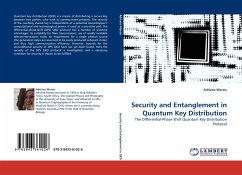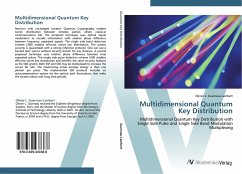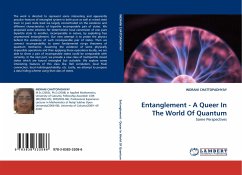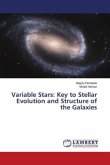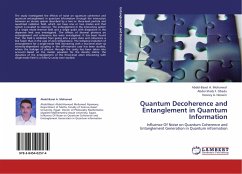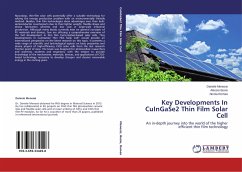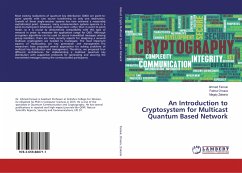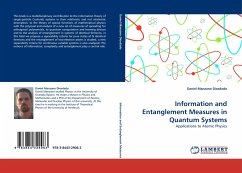Quantum key distribution (QKD) is a means of distributing a secure key between two parties, who wish to communicate privately. The security of the resulting shared key is independent of a potential eavesdropper's computational and technological power, if used as a one-time pad. The differential-phase-shift (DPS) QKD protocol has a number of practical advantages: its suitability for fibre transmissions; use of readily available telecommunication tools; no requirement for a single photon source (the generated states are assumed to be easily produced coherent states) and thus high communication efficiency. However, bounds for the unconditional security of DPS QKD have not yet been found. Here the security of the DPS QKD protocol is investigated, and a necessary condition for security is shown to be fulfilled.
Bitte wählen Sie Ihr Anliegen aus.
Rechnungen
Retourenschein anfordern
Bestellstatus
Storno

